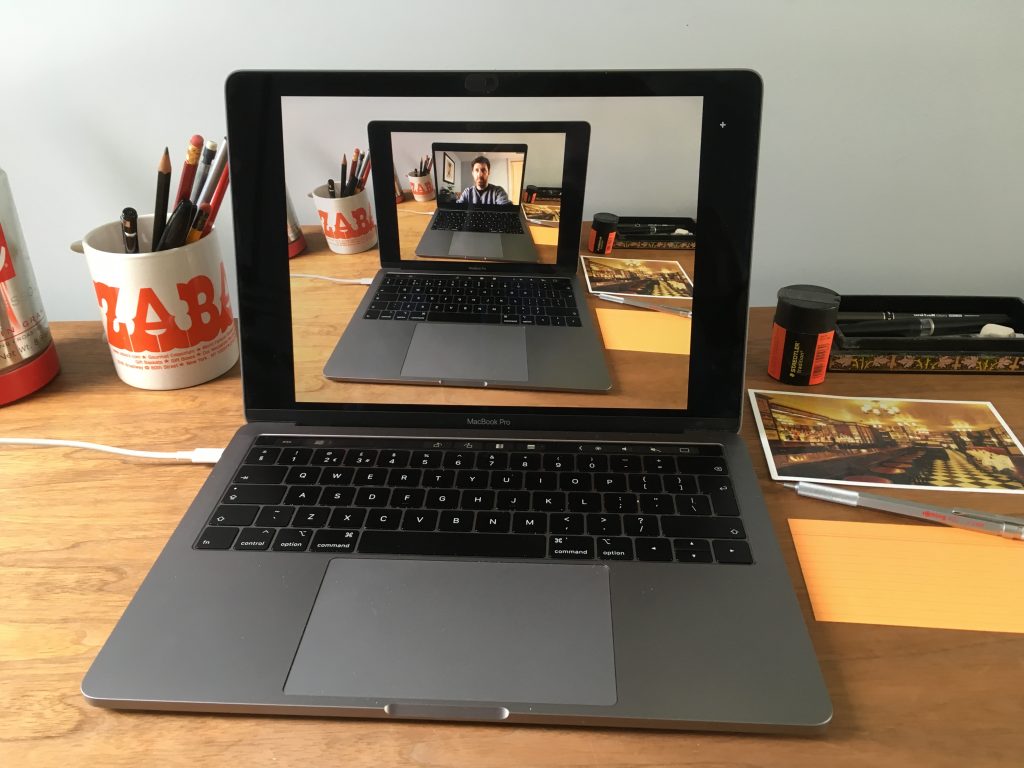Introducing… Daniel Wilson
What’s your name?
Daniel Wilson

What’s your background?
After attending an inner-London Comp at the end of the last millennium, I became a first-generation University graduate when I completed a degree in Philosophy at Cambridge, focusing increasingly on the historical and political papers.
I went on to work for six years in Film and TV, primarily in the world of documentaries as a director, editor and producer. I became interested in the politics of technology (these were the days of Netscape Navigator and Altavista) and after working on a project that explored the dark side of Silicon Valley, I took a part-time MSc in the History of Science at Birkbeck College, London. My dissertation received the highest mark ever awarded, and so I quit my day-job to begin a full-time PhD in the Department of History, supported by an AHRC studentship. My thesis explored attitudes to new technology in late-nineteenth century Britain, and has led me to hold research fellowships in Paris and Cambridge, where I continued my interest in the history and politics of science and technology.
In one sentence, what is your role on the project?
I am a methodologically omnivorous historian with a love-hate relation to technology: wherever possible, I provide context.
What excites you about the project?
The vast scale and ambition of the project, the chance to collaborate radically (genuinely) across humanistic and scientific disciplines, being part of a large and diverse team of academics and curators, experimenting with new forms of research output.
What challenges do you see ahead?
See previous answer.
What’s the last (non-work) book you read, exhibition or performance you saw?
Christian Marclay’s The Clock at Tate Modern was one of the most gobsmackingly mesmeric experiences I have ever had. As a work of art the concept was outrageously simple, but the execution was so perfect that it has really stayed with me ever since. As an erstwhile film editor I marvelled at the craft and also the rigour with which the piece was researched and assembled, while the themes of mechanical time spoke to my interests in all kind of unexpected ways. If I could have, I would happily have sat and watched the whole 24 hours without moving.
Finally, where can people find out more about you and your work?
http://danielwilson.info
